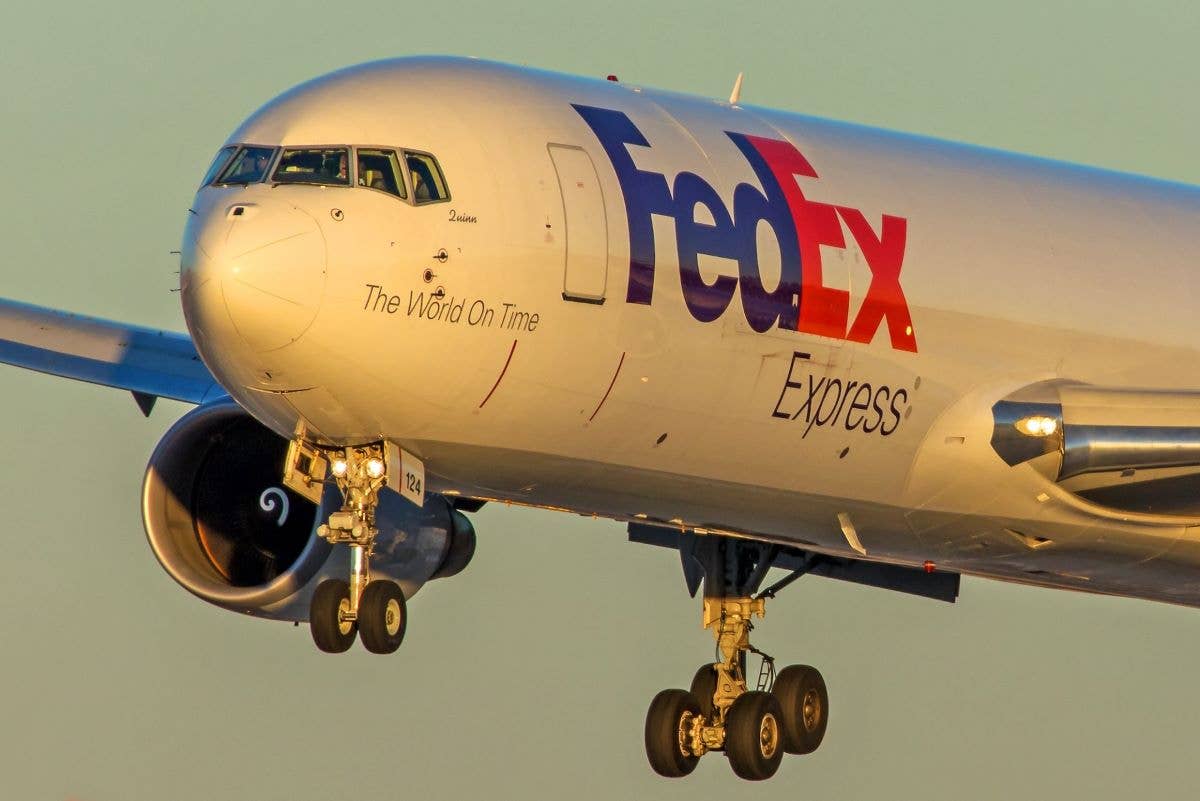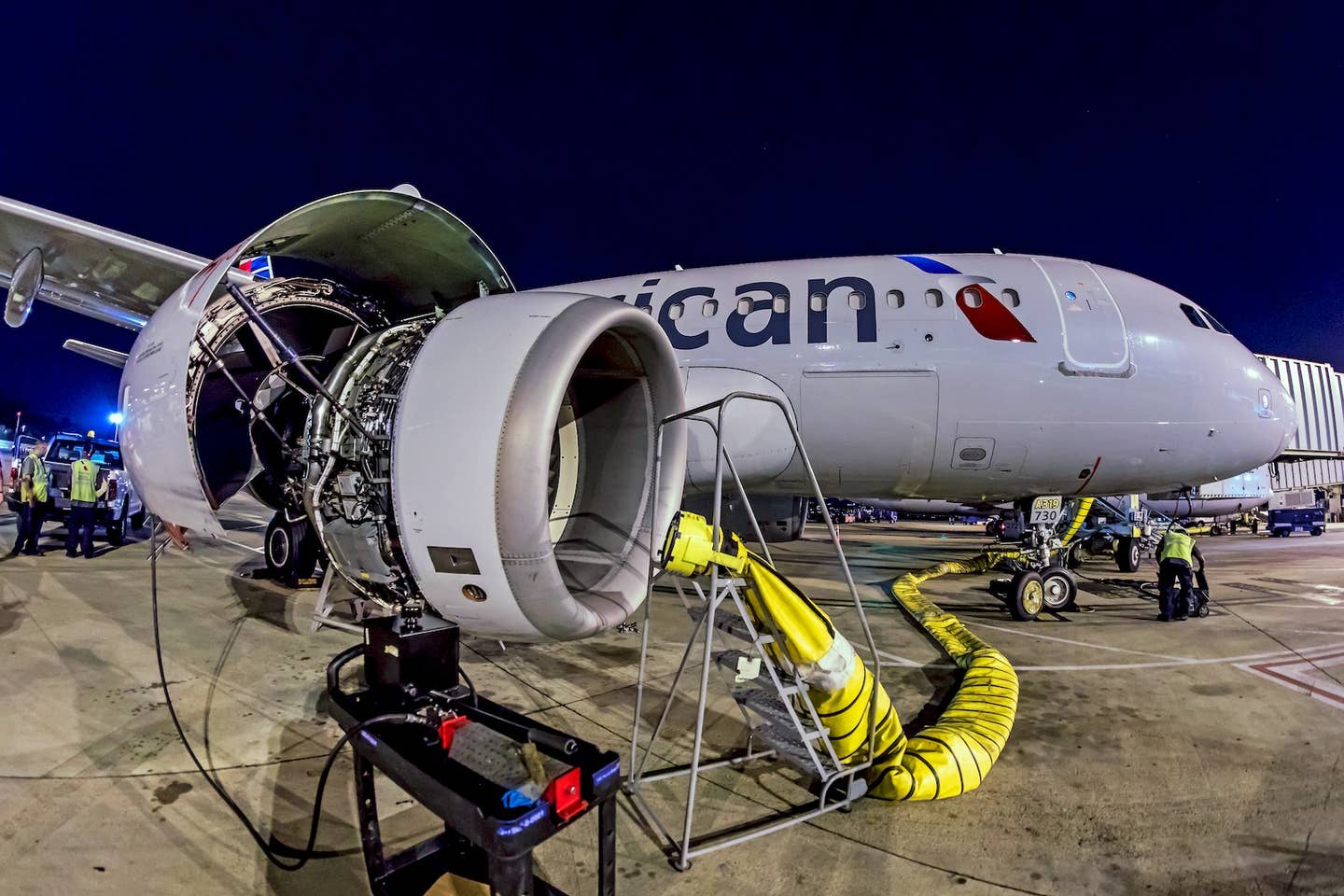FedEx Pilots Pick Third Union Chairman Since Last Summer
New leadership ready for more aggressive tactics

A Fedex 767 in Las Vegas [Photo: AirlineGeeks/ William Derrickson]
The board of the FedEx pilots’ union has elected its third chairman in eight months as the group tries to overcome internal divisions that have hampered efforts to achieve an updated labor contract.
The FedEx Master Executive Council voted for Captain Jose Nieves, a Boeing 757 pilot who has been at FedEx for 28 years, to lead the union’s 5,800 members, the Air Line Pilots Association announced late Tuesday.
Nieves replaces Captain Billy Wilson, who was elected October 30, 2023 for an interim term through March 2025 but was voted out this month in the face of growing opposition. A large subset of disenchanted pilots willing to take a more aggressive stance versus FedEx management pushed the vote.
Wilson took the helm when predecessor Christopher Norman resigned in the wake of last summer’s union rejection of a tentative agreement that leadership endorsed as delivering industry-leading improvements on pay, retirement and work-life balance.
Nieves’ term will run through March 25, 2025.
“FedEx pilots are facing challenges unlike any in recent years, and I believe this is a critical time in our union’s history,” said Captain Nieves, in a news release. “At the top of that list of challenges is standing up to a company that has explicitly demonstrated a failure to value its pilots and employees. . .“Our pilots grow more unhappy with FedEx management by the day. It is past time for management to come to the table with a contract that recognizes our value. This is my primary focus, and the work begins today.”
Both sides have been negotiating a new labor agreement for three years and have been under the supervision of the federal National Mediation Board since October 2022. On March 8, the Air Line Pilots Association asked the NMB to declare an impasse and release the parties from mediation, the first step necessary to launch a strike action.
The new MEC leadership, responding to supporters who felt the previous board was too willing to make concessions, has made clear its willingness to take the gloves off and use any means available under the Railway Labor Act to press FedEx for better benefits. The union says it believes FedEx is not willing to change its bottom line from the deal agreed to last summer.
FedEx Corp. last week reported adjusted earnings of $3.86 per diluted share, well above analysts’ estimates of $3.45 per share, with operating income up 19 percent in the third quarter. Operating profit for the Express segment, which is responsible for the air network, nearly doubled after the company idled more aircraft, reduced flight activity and pared other costs. The lower flying levels also mean less pay for pilots.
FedEx has not invoked language in the existing contract that allows the airline to go below minimum guarantee pay for a four-week period when available flying time falls below certain thresholds, according to a message from a pilot who asked to remain anonymous to protect job security. FreightWaves reported early this year that such a move was possible because of the sluggish demand. But domestic flight activity subsequently picked up, according to research by Morgan Stanley.
FedEx stock increased 6 percent on Tuesday, reaching a three-year high of $288.99 per share.
The pilots union says FedEx’s improved performance demonstrates the company can afford a better compensation package. It took umbrage with FedEx announcing another $5 billion share buyback program. A group of pilots conducted an information picket outside the New York Stock Exchange when FedEx reported its earnings on Thursday to draw attention to their agenda.
The FedEx pilots, who once were near the top of the pay heap, want a contract similar to ones won by counterparts at American Airlines, Delta Air Lines, Southwest Airlines and United Airlines. Even pilots at Hawaiian Airlines and Alaska Airlines achieved sizable raises last year.
Cockpit crews appear to have lost leverage since airfreight and parcel demand began falling in mid-2022. FedEx also faces the strong possibility of losing some, or all, of its U.S. Postal business later this year. But the pendulum is slowly swinging back to growth, with global air cargo volumes up more than 10 percent for the first 2.5 months compared to the same period last year and the small package market projected by some to grow about 4 percent per annum over the next three years.
Editor’s Note: This article first appeared on FreightWaves.

Subscribe to Our Newsletter
Get the latest FLYING stories delivered directly to your inbox






